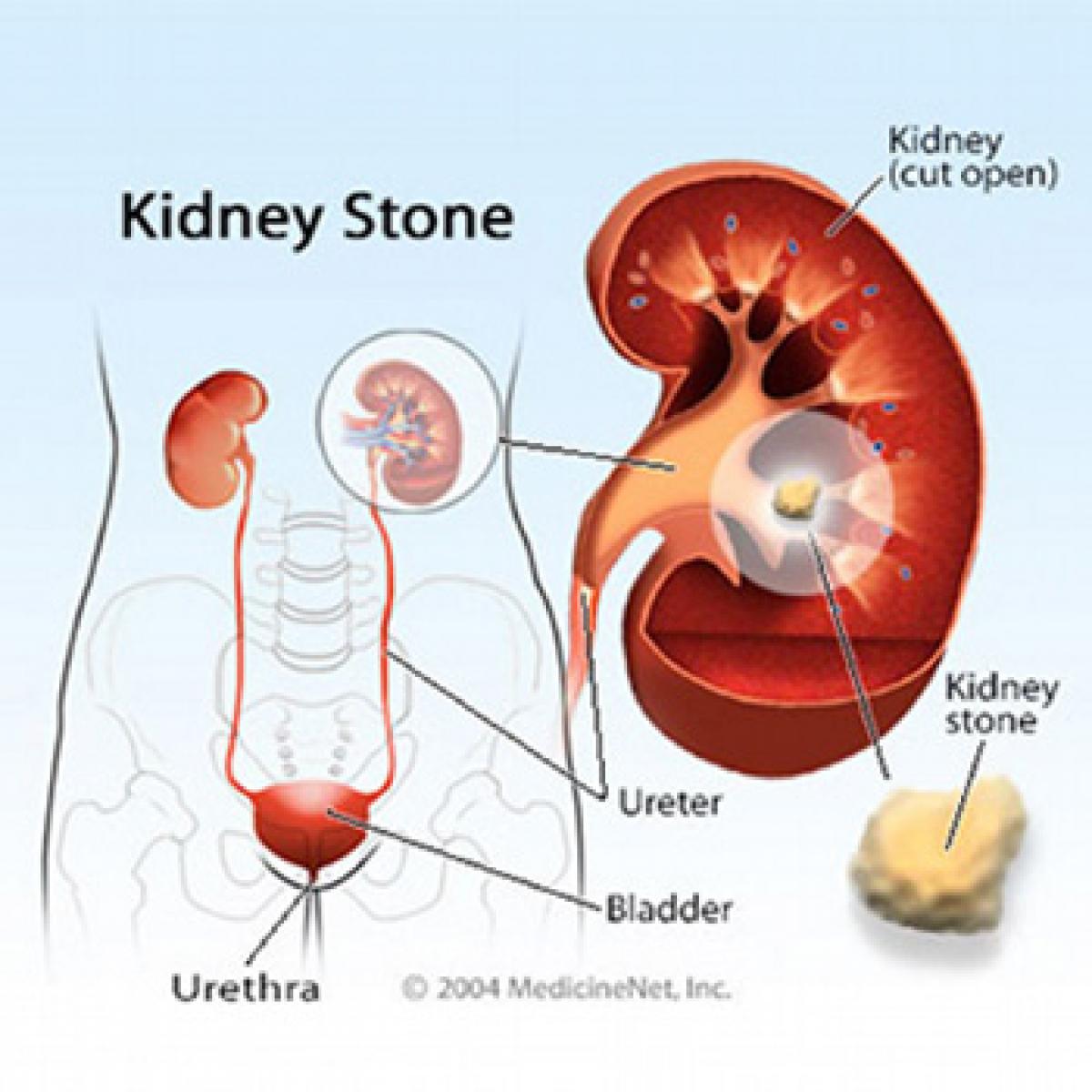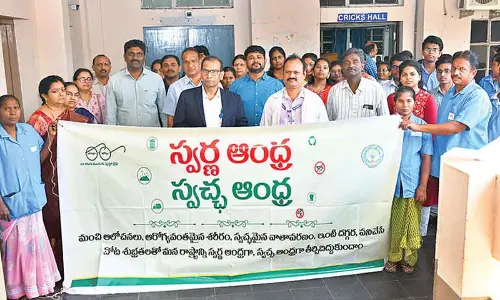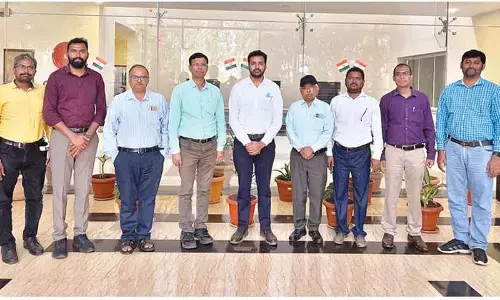Kidney stone disease

The number of children developing kidney stones has increased over the past two decades mainly due to the changing food habits (that has high salt and meat intake) and decreased water intake. These are genetic factors where one or more family member has history of kidney disease and dietary factors. Children younger than two years age may also have underlying structural problems in the kidneys.
The number of children developing kidney stones has increased over the past two decades mainly due to the changing food habits (that has high salt and meat intake) and decreased water intake. These are genetic factors where one or more family member has history of kidney disease and dietary factors. Children younger than two years age may also have underlying structural problems in the kidneys.
Most common presenting features are pain while passing urine, severe stomach pain often associated with nausea and vomiting, and passing blood in urine. Occasionally, the child may present with urinary tract infection or recurrent stomach pain.
Ultrasonography (USG) is sensitive, safe and cheap investigation to detect kidney stone, its size and presence of obstruction. Urine and blood tests are done the first time to identify underlying metabolic cause of stone formation. Rarely, CT scan or additional investigations may be necessary.
Therapy of stone disease
There are tree aspects to therapy – (i) Medical therapy that includes oral medicines to prevent increase in size of the stones. These medications are given for three to six months. Stones usually less than 8mm have a very good chance of coming out spontaneously. (ii) Surgical therapy in children with large stones greater than 12 mm, and stones associated with obstruction, infection, and a single kidney. Less than 20 per cent children require surgical therapy. (iii) Prevention of recurrence – this is important so that the child does not develop stones repeatedly.
In summary
Kidney problems can occur in children both due to genetic or structural problems or acquired after birth. Early detection and management of these problems can definitely improve both the short as well as long term outcome.
Some preventive aspects in children:
a)Check urine test in young children below two years of age with unexplained high fever to rule out urine infection
b)Encourage children more than three years age to pass urine in a relaxed manner every 2-3 hours during the day
c)Daily intake of fruits and vegetables
d)Moderate decrease in salt and meat product intake in family’s diet
e)More of outdoor activities to minimise excess weight gain
f)Avoid pain killer medicine intake such as Nimesulide, Ibuprofen
g)Check blood pressure once a year in every child beyond three years age
h)Evaluate for kidney disease if the child is not growing well, has anemia, high blood pressure, blood in urine, body swelling or recurrent urine infections.
Dr Mehul A Shah, is Consultant Paediatric Nephrologist, Apollo Health City in Hyderabad











